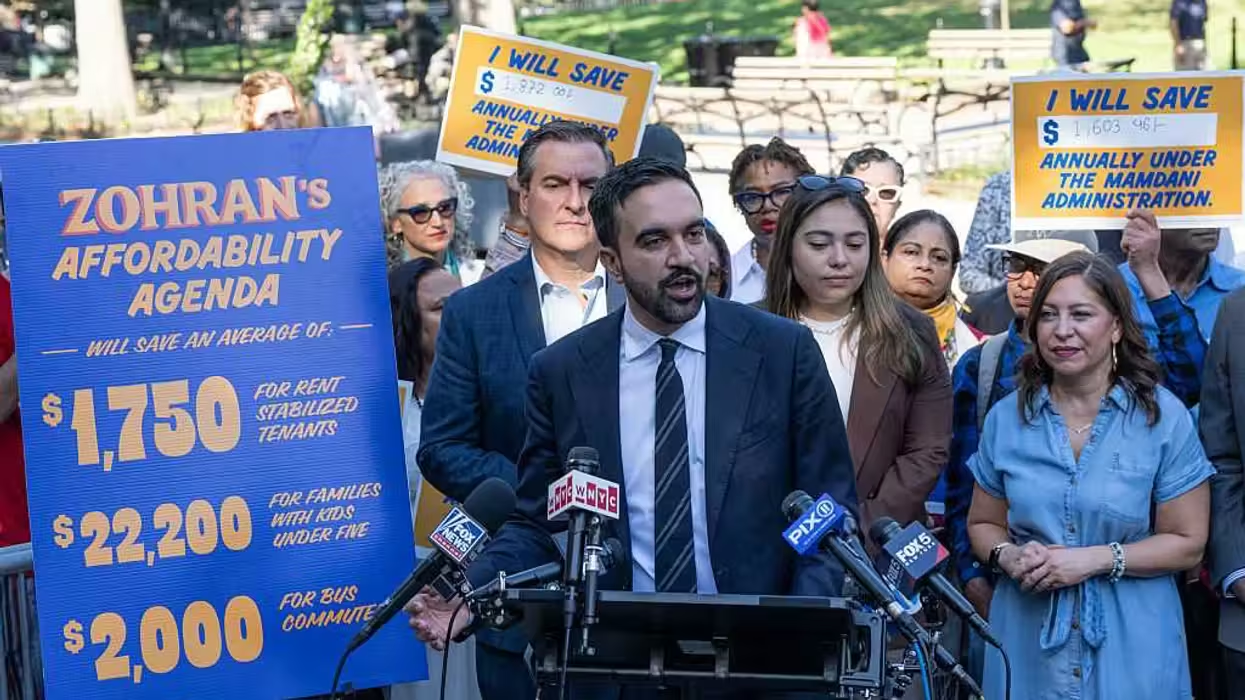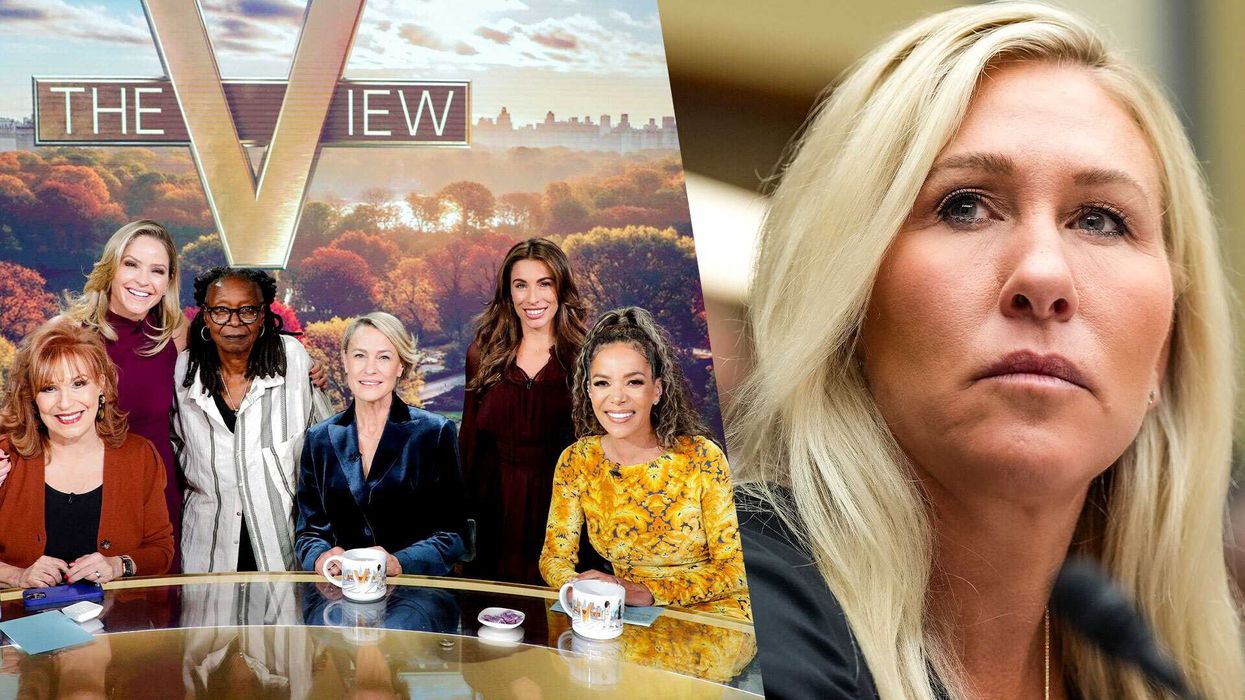
© 2025 Blaze Media LLC. All rights reserved.
"unreasonable and unacceptable invasion of privacy."

Earlier this month, we reported that it was becoming increasingly prevalent for employers and colleges to either ask for passwords or request interviewees pull up accounts for unrestricted access to Facebook profiles. Facebook has issued a warning and now two U.S. Senators are getting involved in what is being called an "unreasonable and unacceptable invasion of privacy."
Shortly thereafter, the Associated Press released a story documenting more of these requests from employers, and it wasn't long before Facebook jumped into the issue stating that such activity was a violation of its own policy. Now, Senators Charles Schumer and Richard Blumenthal have asked the U.S. Equal Employment Opportunity Commission (EEOC) and the U.S. Department of Justice to launch an investigation into the legality of this practice.
TG Daily has more from the senators:
"Employers have no right to ask job applicants for their house keys or to read their diaries – why should they be able to ask them for their Facebook passwords and gain unwarranted access to a trove of private information about what we like, what messages we send to people, or who we are friends with?" says Schumer."In an age where more and more of our personal information – and our private social interactions – are online, it is vital that all individuals be allowed to determine for themselves what personal information they want to make public and protect personal information from their would-be employers. This is especially important during the job-seeking process, when all the power is on one side of the fence."
The concern of this practice is that Facebook account snooping could reveal information that employers are not legally allowed to ask, such as religious affiliation, marital status and age to name a few.
Specifically, the senators want to know if this practice violates the Stored Communications Act or the Computer Fraud and Abuse Act. Those two acts, respectively, prohibit intentional access to electronic information without authorization and intentional access to a computer without authorization to obtain information.
The senators also want to know whether two court cases relating to supervisors asking current employees for social media credentials could be applied to job applicants.
"I think it's going to take some years for courts to decide whether Americans in the digital age have the same privacy rights" as previous generations, American Civil Liberties Union attorney Catherine Crump said in a previous interview with the AP.
In a post on Friday, Facebook's chief privacy of policy officer cautioned that if an employer discovers that a job applicant is a member of a protected group, the employer may open itself up to claims of discrimination if it doesn't hire that person.
"As a user, you shouldn't be forced to share your private information and communications just to get a job," wrote Erin Egan. "And as the friend of a user, you shouldn't have to worry that your private information or communications will be revealed to someone you don't know and didn't intend to share with just because that user is looking for a job."
Blumenthal called this practice an "unreasonable and unacceptable invasion of privacy" and is helping draft a bill to fill in any gaps that current laws don't cover.
Maryland and Illinois are considering bills that would bar public agencies for asking for this information.
In California, Democratic Sen. Leland Yee introduced a bill that would prohibit employers from asking current employees or job applicants for their social media user names or passwords. That state measure also would bar employers from requiring access to employees' and applicants' social media content, to prevent employers from requiring logins or printouts of that content for their review.
Facebook spokesperson Andrew Noyes said that the company doesn't have any immediate plans for legal action but did say they plan on "engaging with policymakers and other stakeholders, to help better safeguard the privacy of our users."
The Associated Press contributed to this report.
Want to leave a tip?
We answer to you. Help keep our content free of advertisers and big tech censorship by leaving a tip today.
Want to join the conversation?
Already a subscriber?
more stories
Sign up for the Blaze newsletter
By signing up, you agree to our Privacy Policy and Terms of Use, and agree to receive content that may sometimes include advertisements. You may opt out at any time.
Related Content
© 2025 Blaze Media LLC. All rights reserved.
Get the stories that matter most delivered directly to your inbox.
By signing up, you agree to our Privacy Policy and Terms of Use, and agree to receive content that may sometimes include advertisements. You may opt out at any time.






